The fight of tennis with anti-doping systems
The debate of anti-doping systems in tennis has been gathering pace in the past six months thanks to multiple major controversies.
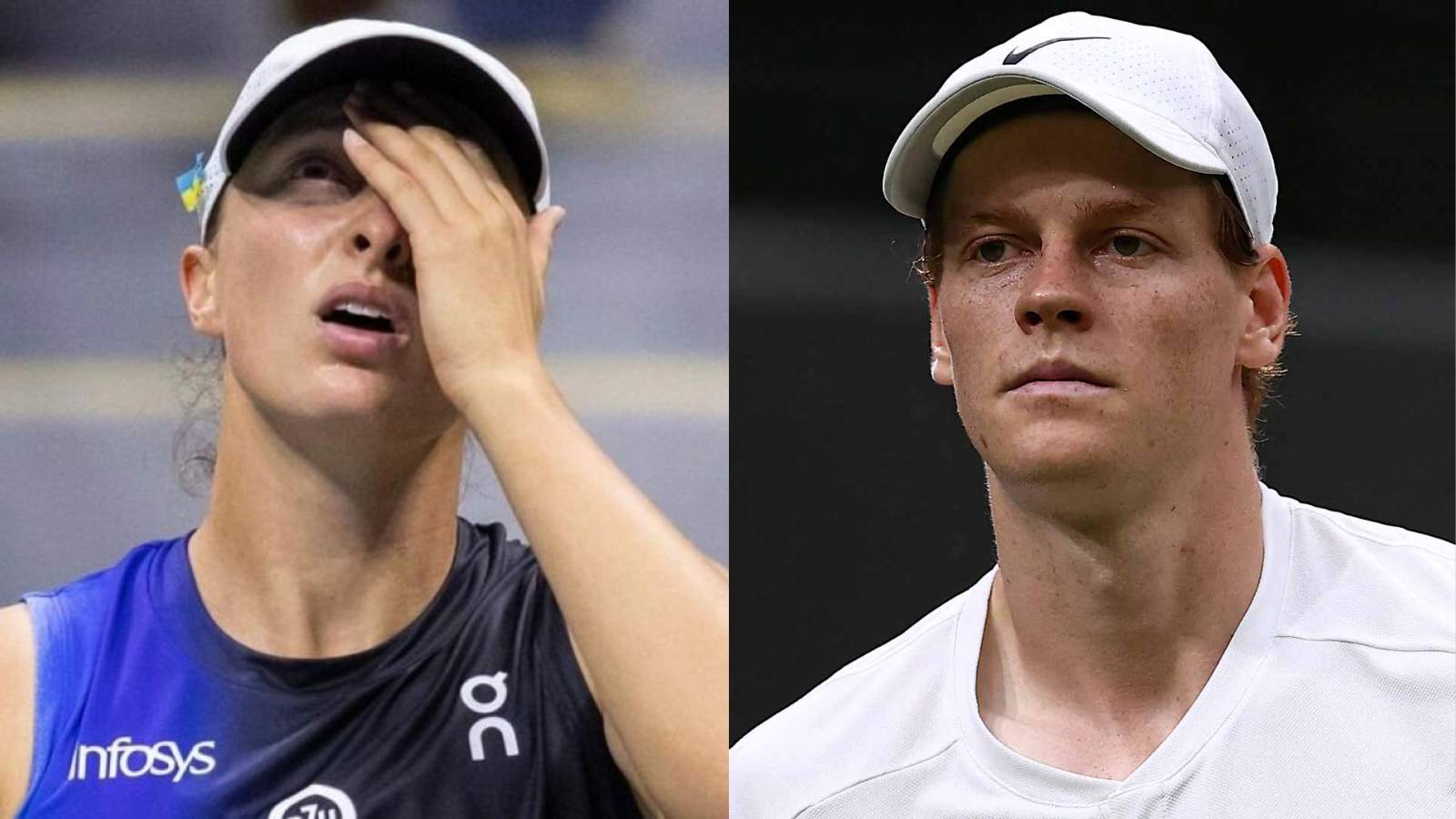
Iga Swiatek and Jannik Sinner (via X)
Let’s analyze the recent controversies that the cases related to Jannik Sinner and Iga Swiatek have raised in the tennis world about its anti-doping system.
Does tennis have a problem with its anti-doping system? In my opinion, yes, although it is certainly not an easy topic to analyze and dissect, but it is important in my opinion to underline – without absolving or accusing anyone – how difficult it is for everyone to understand the decisions that are taken in relation to each individual case.
Is this the fault of the institutions that direct the fight against doping? In part, yes, in part it must be said that it is not easy to establish the similarity between cases that all have a particular nuance and for which it is difficult to make univocal considerations. The crux of the problem is that we are all always in the balance – rightly I would add – between the need for a clean sport free of artificial interference, but at the same time the desire not to excessively punish tennis players who are not guilty and whose cases are simple contaminations.
Jannik Sinner and Iga Swiatek’s cases quickly explained
In 2024 we witnessed two high-profile cases in tennis, Jannik Sinner and Iga Swiatek’s ones. In the case of the world number one in men’s tennis, it was a contamination that occurred through a massage received by the Italian from his physiotherapist: having immediately recognized the source of his contamination, Sinner managed to avoid the provisional suspension and an independent court determined that the athlete was in no way responsible for what had happened.
The Italian was therefore able to continue playing without any problems, but WADA did not accept the outcome of the trial and appealed to the CAS: in the world agency’s opinion, Sinner did not engage in intentional doping, but he should still be considered partly responsible for negligence.
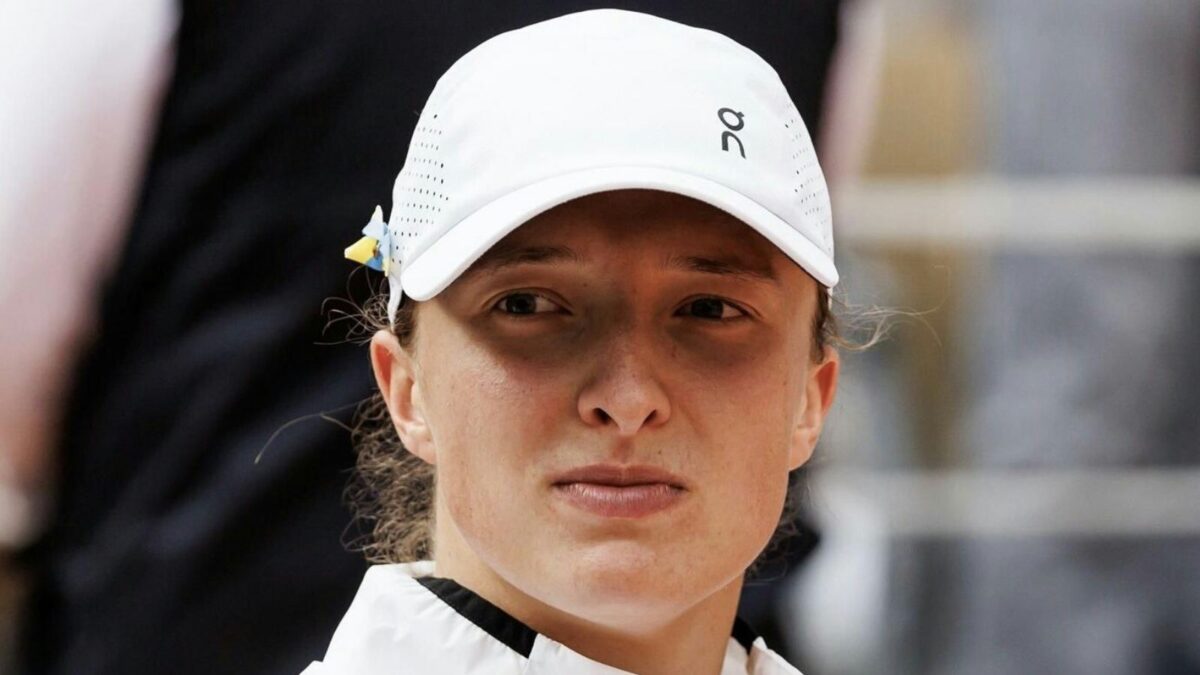
Iga Swiatek’s case is different, as her positive test came through a contaminated melatonin pill that the Polish player takes with the aim of reducing the effects of jet lag. In this case too, the world number 2 managed to return to competition because she recognized the source of her contamination, before the court decreed her guilty to the least extent possible: the consequence of the decision was a one-month suspension.
Both cases ended with almost no result (unless the CAS intervenes) and this is also right in reality if the innocence of the two athletes is ascertained. It would certainly be unfair, in fact, to suspend for a year or two athletes who are not to be considered guilty.
Can some things have been done in a better way?
Where does the problem arise then? A large part of the public seems to disagree with the timing of the announcements: fans would like to be aware from the first day of a player’s positivity, not wait until the decision is already made. Is it possible to overcome this inconvenience? In my opinion, yes, and I’ll explain why.
Communicating the positivity after the verdict has already been established can certainly be positive for the players, because in theory it should protect them from excessive speculation before it can be ascertained whether or not they are guilty. The reality of the facts, however, is that this only increases conspiracy theories and speculation that would not be created, at least not to this extent, if the news were disclosed more quickly.
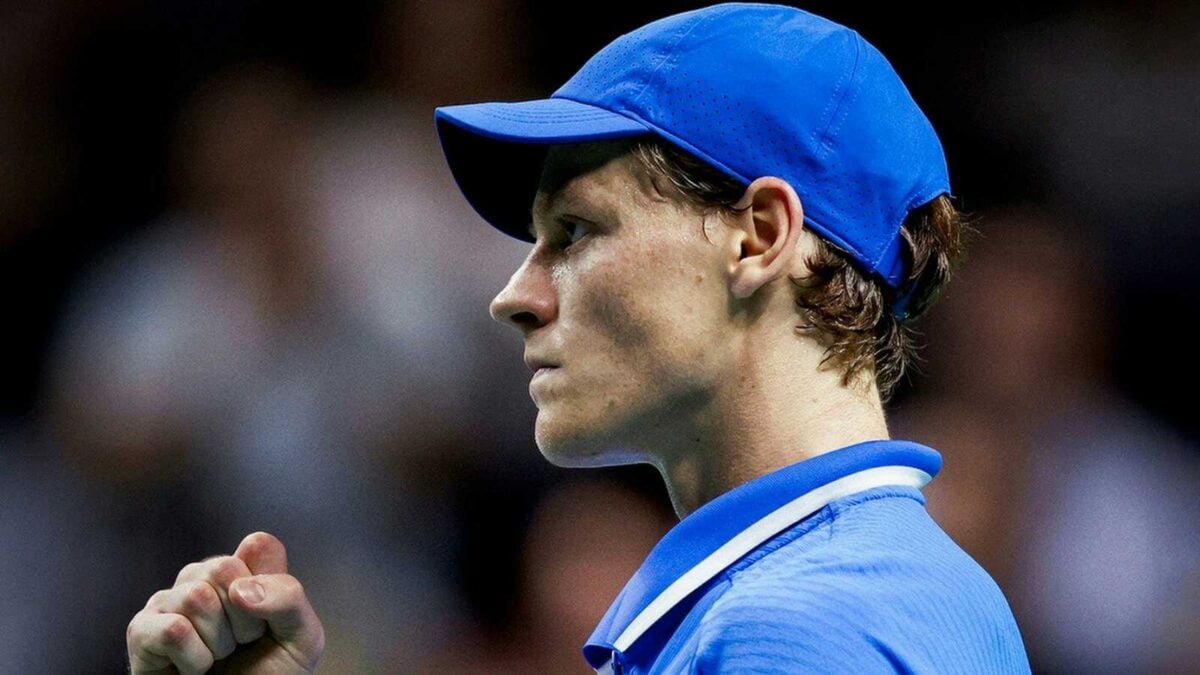
Another problem is the disparity that is created between the richest tennis players, who have all the economic resources at their disposal to scientifically prove their innocence, and poorer tennis players who are not guaranteed these possibilities. Obviously no one can criticize Swiatek or Sinner for having relied on experts who have managed to confirm their innocence, but tennis should ask itself how we can offer support to players who – after a life spent making sacrifices for their career – could see their professional life destroyed due to a casual contamination, and this only because they have not managed to accumulate enough money over the years.
I would like to make this comparison. In civil society, a psychologist should be a service guaranteed to citizens because mental health is just as important as physical health, but in truth there are few people who can afford adequate psychological support during the most complex moments of their lives.
Similarly, in tennis, doping support should be guaranteed to all professional players because it is a topic that is too complex, and at the same time too important for everybody, but the truth is that only the richest tennis players can afford to prove their innocence in a short time, without ruining their entire career. This is profoundly unfair, and just think of the Tara Moore case to get an idea of this.
Trying to get to the heart of the issue
How to react? By defaming Sinner and Swiatek to the point of exhaustion? In my opinion, no, because, if they are innocent, it is right that they had the opportunity to defend themselves in a short time. What we should do instead, as lovers of this beautiful sport, is to raise our voices to demand equal opportunities for everyone: for those who cannot afford a legal team and experts, player associations should offer support to their athletes in their right to defend themselves from any unjust accusations.

Before celebrating elite events like the Laver Cup or the Six Kings Slam, let’s think about the economic situation of poorer players and think about how that money could be used differently. When the prize money of a Grand Slam tournament comes out, let’s not immediately run to see how much the champion earns and whether his figure will be higher or lower than last year.
Let’s instead go and check how much the tennis players competing in the qualifying draw will earn and ask ourselves if we are going in the right direction.
My opinion is that the problem of inequality in anti-doping cannot be solved without also considering the real problem of the matter: the enormous disparity in economic treatment in the tennis world between the various levels of the professional tour. It is right, indeed sacrosanct, that those who are able to do their job better and achieve better results have access to greater economic opportunities.
However, there must be a limit, because the disparity that is created between tennis players of different ranks is too much and this has, unfortunately, consequences at all levels, including anti-doping. I close by saying that this speech, which may seem excessively socialist, is not intended to directly accuse anyone, nor to absolve anyone:
I am not a scientist, nor am I a judge. I am, however, someone who reflects and I think that anti-doping support has now become an essential service for everyone in order get closer to create a system that can respond to both needs of all of us: to hit the guilty and not destroy innocent players’ careers.


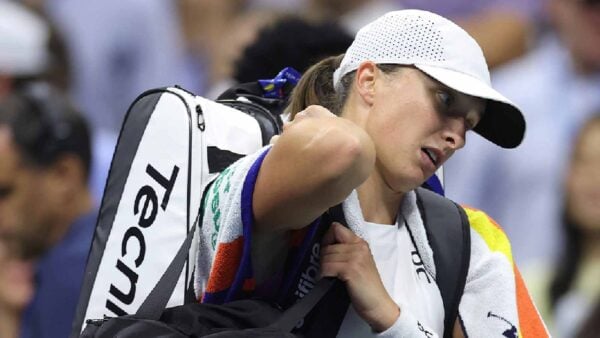










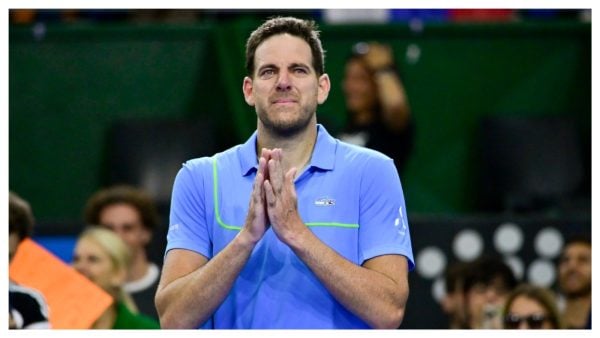
Mario Boccardi
(2 Articles Published)